The Federal Government has rolled out sweeping reforms aimed at modernising Nigeria’s transportation sector, with a focus on rail development, intermodal connectivity, and reducing logistics costs that continue to undermine trade and economic competitiveness.
Speaking at the 2025 Nigeria Transport Sector Summit of the Transport Correspondents Association of Nigeria (TCAN) in Lagos, the Minister of Transportation, Senator Said Ahmed Alkali, said President Bola Tinubu’s administration is “deliberately rebuilding the backbone of the economy” through safe, affordable, and integrated public transport systems.
Represented by the Managing Director of the Nigerian Railway Corporation (NRC), Dr. Kayode Opeifa, the minister highlighted significant progress on ongoing rail projects. These include the Lagos–Kano standard gauge line, rehabilitation of the Lagos–Kano narrow gauge corridor, and the Port Harcourt–Maiduguri line, with the Port Harcourt–Aba segment already operational.
He disclosed that the Kaduna–Kano and Kano–Maradi projects have moved from less than 15 percent completion to over 50 and 60 percent respectively. The Kano–Maradi corridor, he added, will reach Katsina by December 2025 and is scheduled for full completion by March 2027.
To complement rail upgrades, Alkali announced Federal Executive Council approval for modern bus terminals in Abeokuta, Onitsha, Warri, Kano, Lokoja, and Gombe to decongest chaotic parks. He also cited workforce development initiatives at the Federal University of Transportation, Daura, and the Nigerian Institute of Transport Technology (NITT), Zaria, where over 6,000 professionals were trained in 2024. Additionally, 12 new Compressed Natural Gas (CNG) conversion centres have been established to promote cleaner, cheaper mobility.
The minister further confirmed approval of a long-awaited National Land Transport Policy, which he described as a framework to guide sustainable development of road, rail, and urban transit after decades of policy gaps.
In a parallel address, the Minister of Marine and Blue Economy, Adegboyega Oyetola, underscored intermodal transport as central to government’s logistics reforms.
He pointed to the Lagos–Ibadan standard gauge rail now evacuating containers from Apapa Port, the growing use of barges in Lagos and Onne, the reconstructed Apapa–Oshodi Expressway, the newly opened 27-kilometre Lekki Port Access Road, and dry ports in Ibadan, Kaduna, Kano, and Funtua as proof of progress.
Oyetola also unveiled a new National Policy on Marine and Blue Economy designed to cut logistics costs, attract private capital, and align Nigeria with global green transport standards. “Every container moved seamlessly from port to hinterland represents not just efficiency gained but a job created and revenue enhanced,” he said.
Earlier, TCAN Chairman, Tola Adenubi, cautioned that the transport sector remains dangerously imbalanced, with over-reliance on road haulage damaging highways and endangering lives. He cited frequent accidents involving falling containers, recurring boat mishaps, and chronic underinvestment in barges despite their potential to ease congestion.
“At 65, Nigeria is yet to have an acceptable protocol guiding the entire transport system,” Adenubi lamented, urging government to enforce the 2023 Inland Waterways Transportation Code and expand safer alternatives across rail and water.
Closing the summit, NRC boss Opeifa delivered a sobering economic assessment, revealing that transport contributed just 3.73 percent to GDP in 2024, with rail and maritime together accounting for less than 0.33 percent, despite Nigeria’s population of 223 million and its strategic West African location.
“Transportation inefficiencies translate directly into economic losses,” he said, noting that over 80 percent of freight still moves by road even though less than 20 percent of the network is in good condition.
Opeifa argued that expanding freight rail, reviving inland waterways, and unlocking private investment could slash logistics costs by up to 40 percent, stimulate local industries from steel to vehicle assembly, and position Nigeria to maximise benefits from the African Continental Free Trade Area (AfCFTA).
“The story of Nigeria’s future will not be written only in oil rigs and refineries,” he declared. “It will be written on the shoulders of the rails, ports, and roads we build — and in the prosperity we create when transportation finally works.”

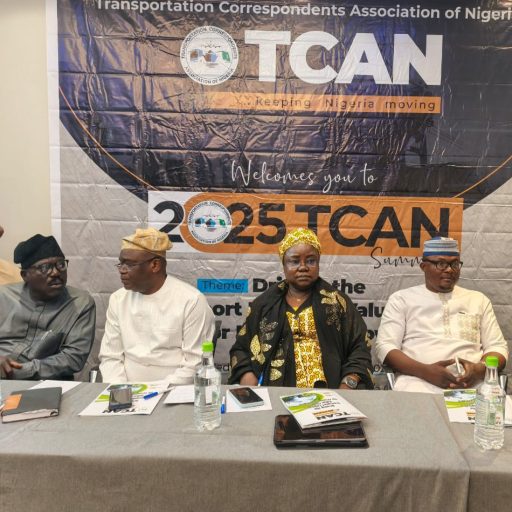
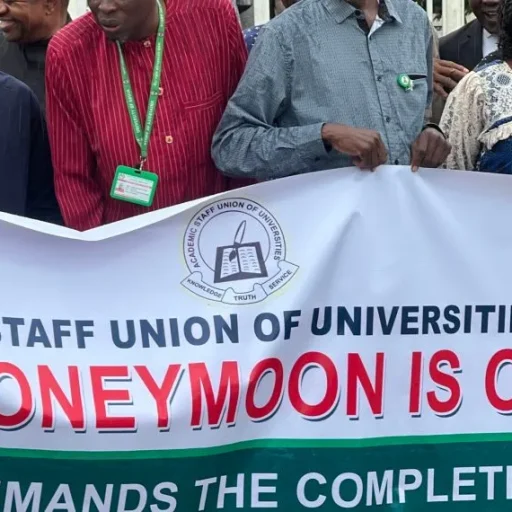
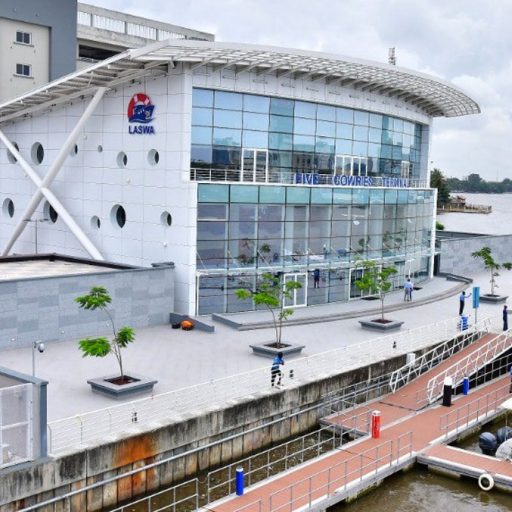
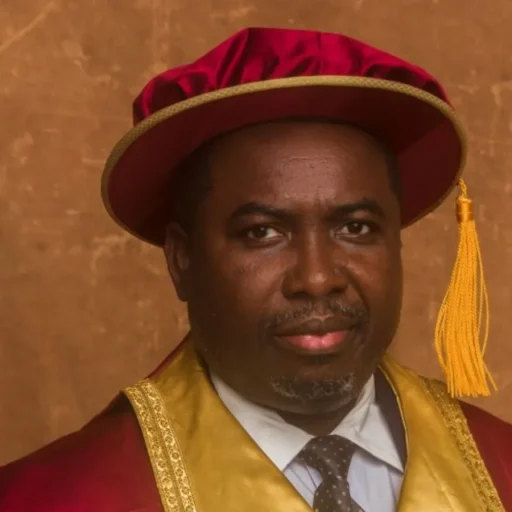

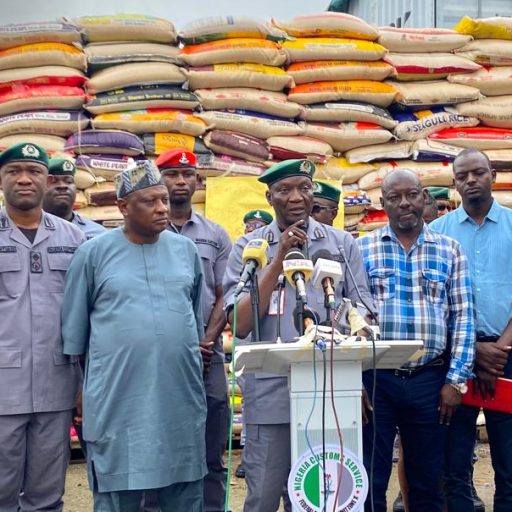
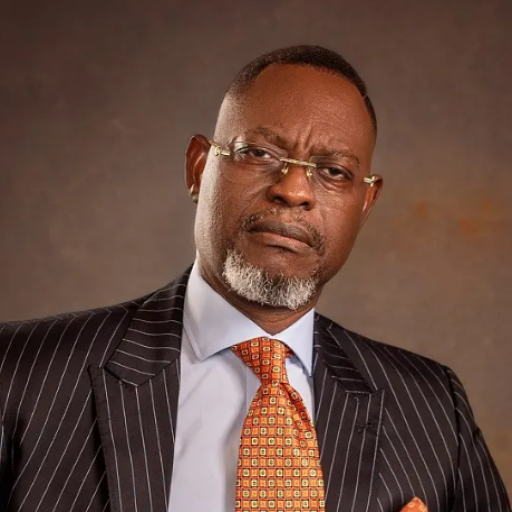


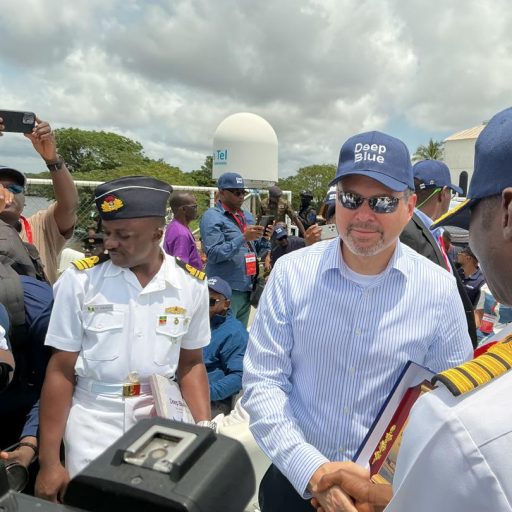
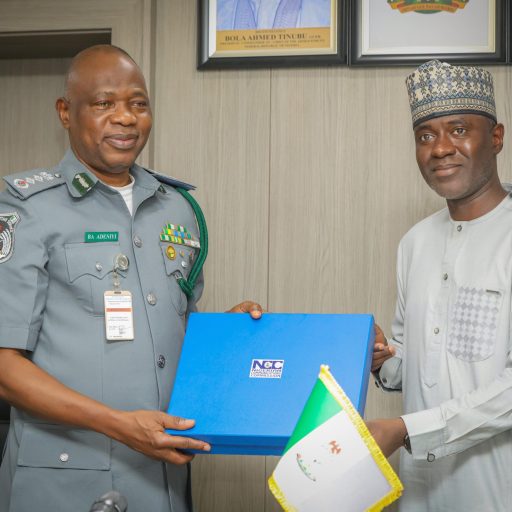

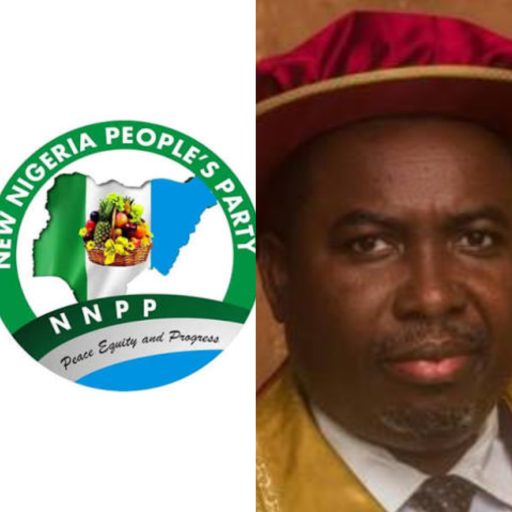
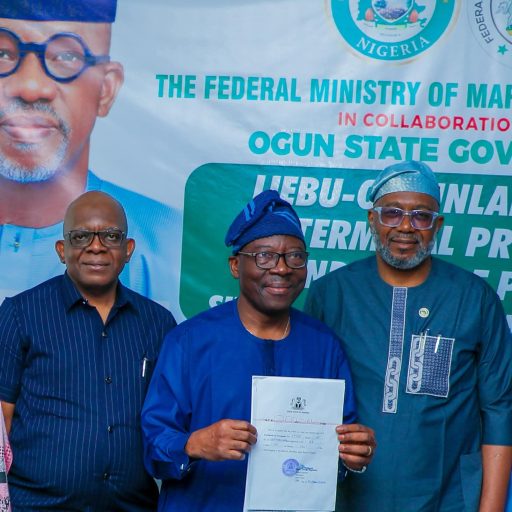
Leave a Reply